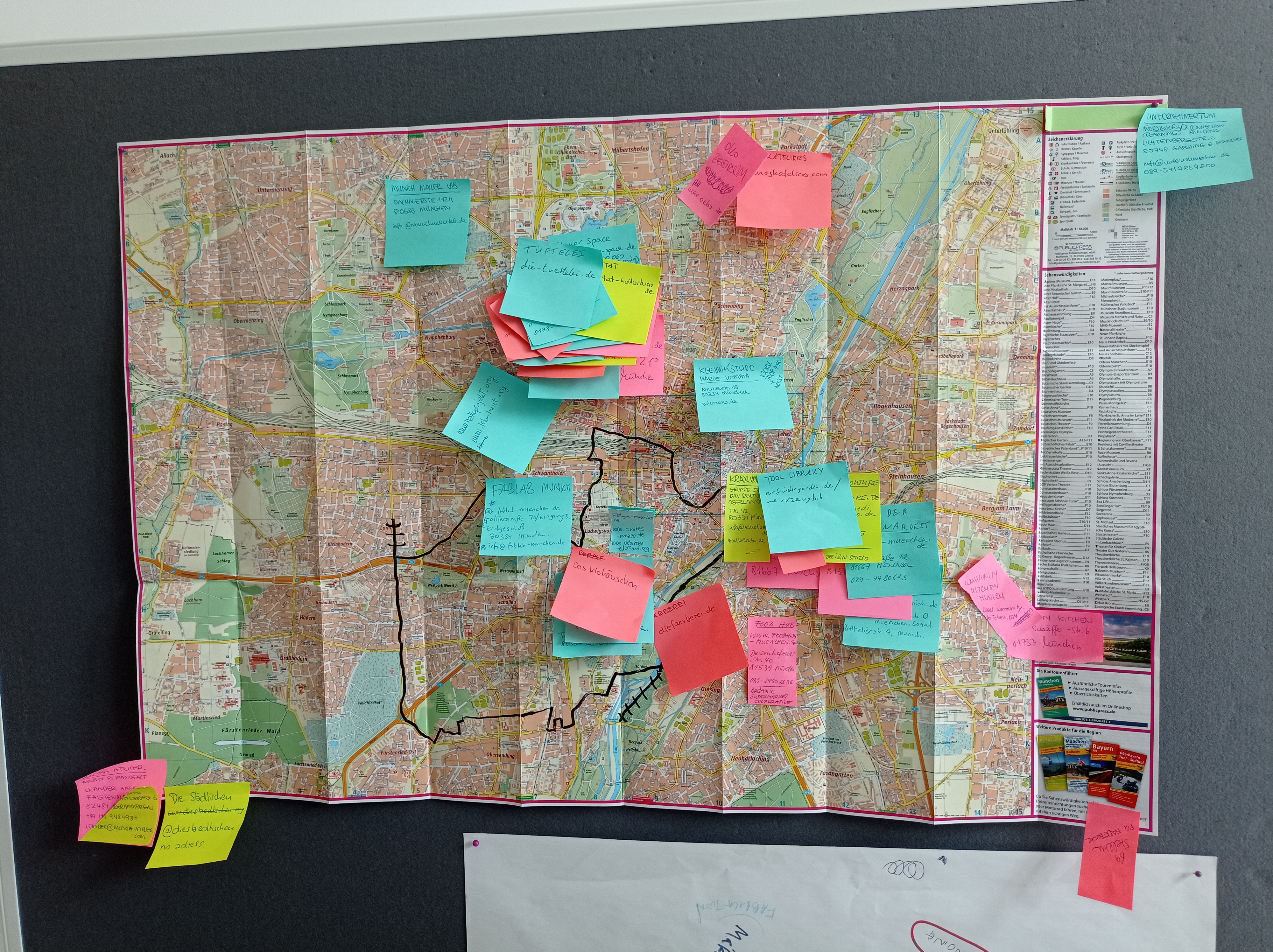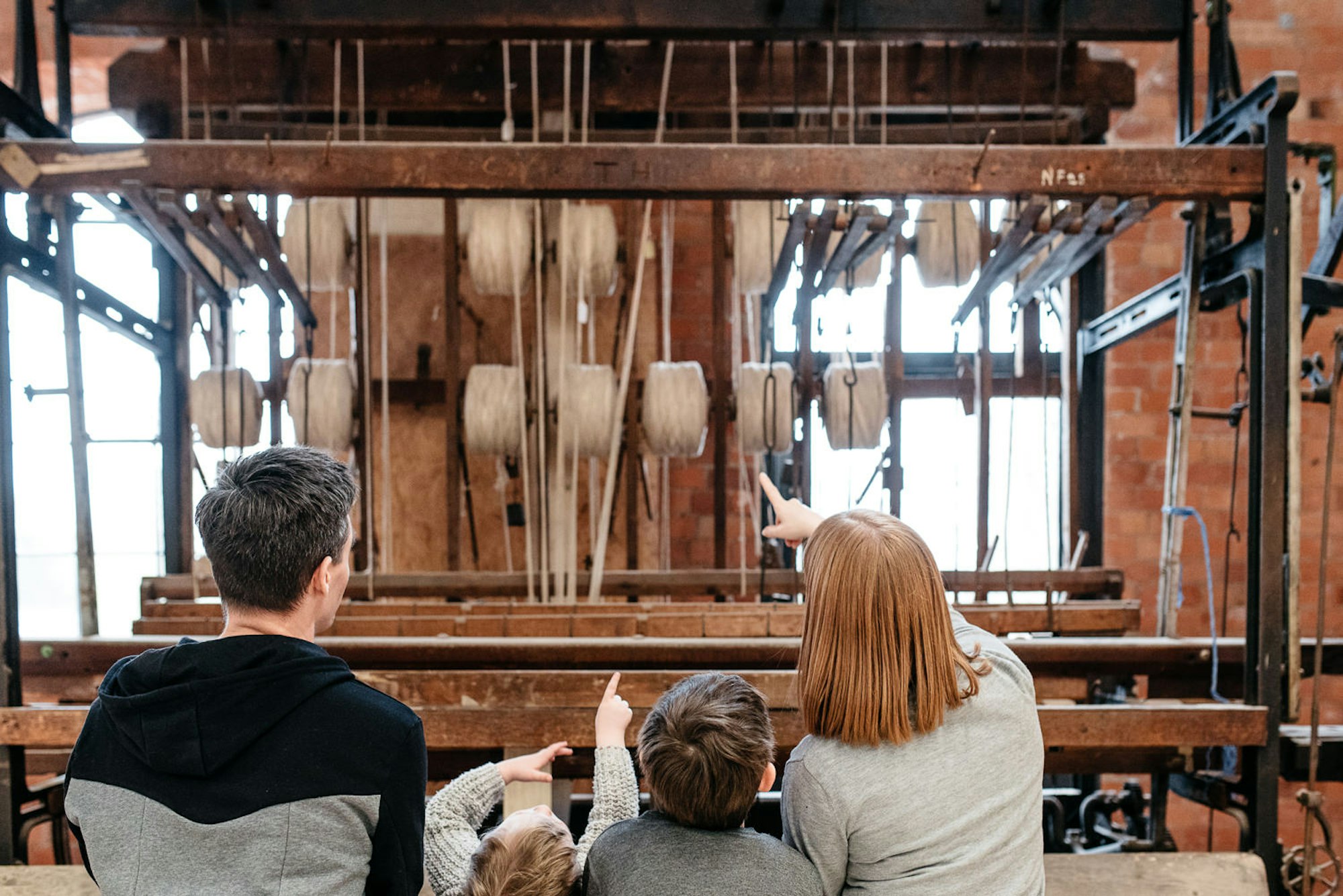Day 7: The Make Works Christmas Countdown

For the Make Works Christmas Countdown this year, we will be telling you a bit about different materials each day, with suggestions about where you can work with it in Scotland.
Day 7: Paper

Available in endless varieties or stocks, grains, thicknesses and weights - and easily recycled - paper is made by pressing together wet cellulose fibres that are found in wood, hemp, linen, cotton and grasses. Pulp paper making by hand has been around since about 105 AD - though today most paper is made industrially from wood fibre, though cotton fibre is sometimes used for high end printing paper.
Most paper starts out by either the chemical or mechanical pulping of fibres, before being formed on a paper web or mould - this is a bit like a large tray, where the paper can be shaped and water can be pressed out before drying. Paper made by hand might have distinctive mould marks, whereas paper made on a machine will be the same density and grain throughout.
Papers are then finished by being coated, cut to size or polished by calendaring. Different textures and patterns might also be made in the paper such as watermarks, wire patterns or textured finishes using rollers.
Paper can be ripped, torn, cut, creased, cast, folded, printed and bound. It is used for writing, for printing and packaging - including applications such as newspapers, magazines, art prints, paper bags, money, envelopes and paper towels, sandpaper, blotting paper, filter paper. It can also be used for other 3D processes such as paper casting, paper mache, folding into origami or made into paper honeycomb.
Artists and designers use paper almost everyday in printed work, and in processes such as laser cutting. Increasingly however, designers are creating new uses of the material. For example, Dear Human Wallpapering, made bespoke paper tiles; and designer WooJai Lee developed PaperBricks, which uses recycled paper as a durable material strong enough to build furniture, or in construction elements of the home.
In Scotland, you can make your own paper and cast paper at PULP Paper in Glasgow. There are few paper mills left, though there is still a plant a owned by Arjo Wiggans in both Aberdeen and Fort William. For paper bag manufacturing, Smith Anderson is still running in Kirkcaldy; and Fourstone Mill in Fife make tissue and other speciality papers. Further south, GF Smith still manufacture paper in Hull, and James Cropper mill in Kendal manufacture speciality papers.
Categories
Article
Related stories
Why Make Work Locally
Alan Moore and Ten30 Fashion
Tips for Manufacturing in Scotland
A Life in Lace
In the Belly of the Beast: my one year manufacturing for Coca Cola






